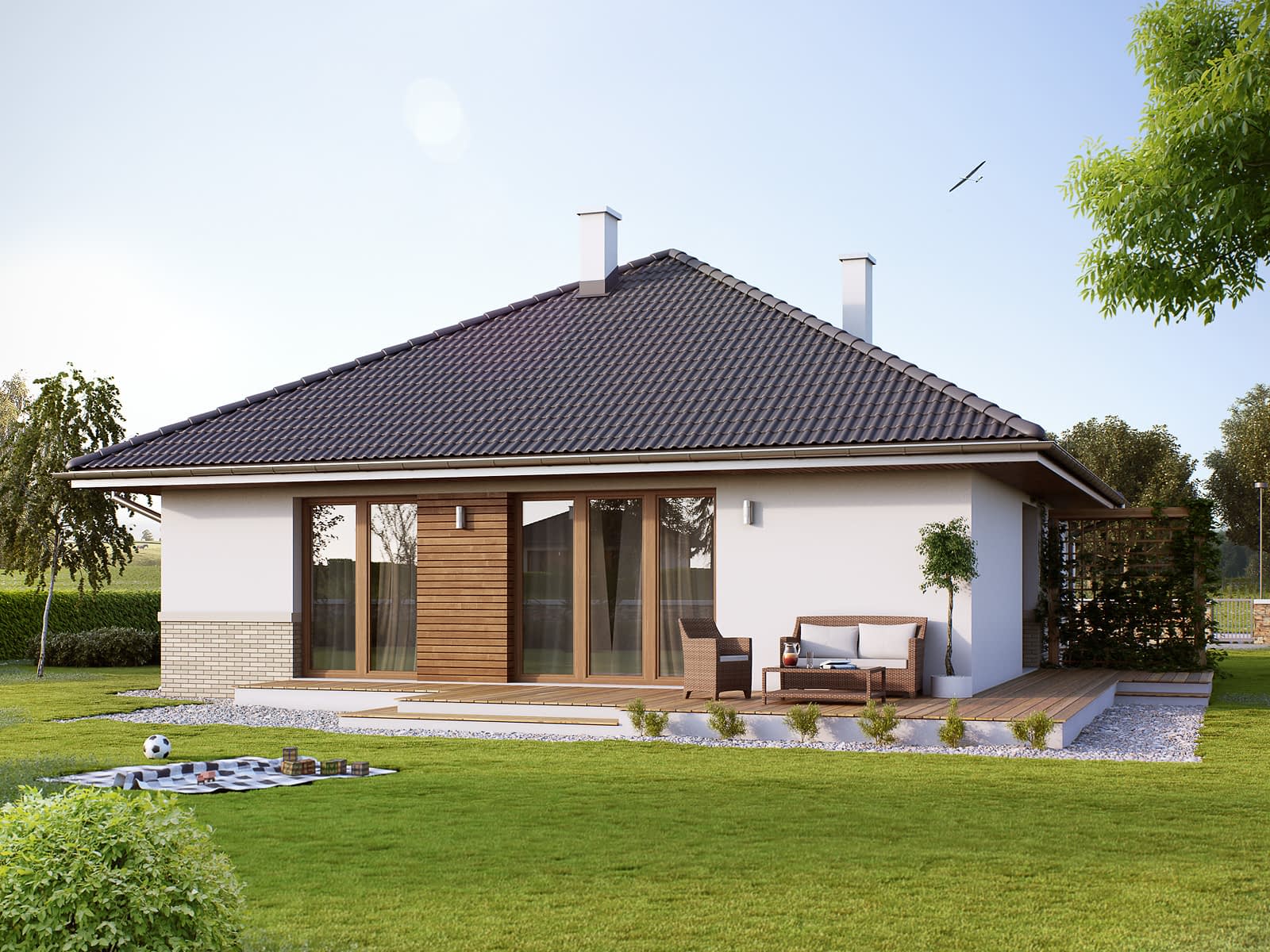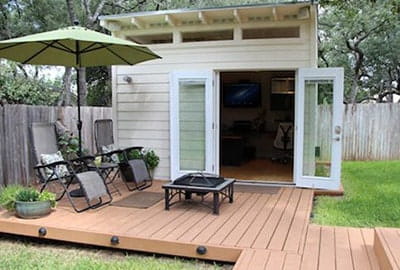





A link to download your FREE brochure will be in your inbox in 3 minutes



















The final price may vary based on project specifics.
To get a free accurate quote tailored to your needs, book a consultation with us today!

The price per square foot provided is an average and may vary depending on project-specific details such as materials, location, complexity, and other factors. Actual costs may differ from the average provided.
It is recommended to obtain a detailed quote based on the specific requirements of your project.

Please note that the monthly payment displayed on this page is an estimate and is subject to variation based on the selected loan product, applicants credit score, loan amount, and other financial details. Actual monthly payment may differ from the estimate provided.
It is recommended to seek advice from a financial advisor or loan officer to obtain precise payment information tailored to individual circumstances.
 Your Trusted
Local Contractor
Your Trusted
Local Contractor

The market for tiny homes is burgeoning. Unlike selling a traditional house, selling tiny homes brings its unique challenges, as well as its own rewards. So, if you're thinking about how to sell tiny homes, or if you want to sell your tiny house, here's a comprehensive guide.
In the USA, tiny homes have seen a meteoric rise in popularity as an alternative to traditional housing. Driven by a desire for more sustainable living, financial freedom, and a minimalist lifestyle, many American homeowners seek to downsize their living spaces. Across various states, tiny home communities have sprung up, offering shared amenities and a sense of belonging. However, the journey of tiny house adoption isn't without its challenges.
Zoning laws, building codes, and local regulations vary from one state to another, making it essential for prospective homeowners to navigate the legal landscape. Nevertheless, with their reduced carbon footprint, affordability, and innovative design, tiny homes continue to represent a significant shift in the American housing narrative.
Price is paramount. A quick glance at tiny house listings and the tiny house marketplace will reveal a range in selling prices. However, the price depends largely on the tiny home's square footage, unique features, and quality of surface finishes. It's vital to ensure you list your property for the best price, ensuring top dollar for your space.
We will give you a few tips here and your selling price will be just as needed, so you could sell the unit faster.
A picture speaks a thousand words. When selling a tiny home, potential buyers are drawn to great pictures. Using a professional photographer with a wide-angle lens can capture the entire room. If you’re taking photos, pay special attention to avoid shaky hands or a lens field that's too narrow. Use private messages to communicate with potential customers.
A video tour can give prospective buyers a full tour right from their screen. Good drone footage, combined with narrated portions about unique aspects of the tiny home, can provide an edge over other tiny house enthusiasts trying to sell. Remember, videos shouldn’t have an indefinitely long description.
Highlight Unique Features! Does your tiny house boast a small environmental footprint or some innovative outdoor space? Perhaps some unique electrical outlets? Emphasize these in your photos and video links.
Grab some professional tips on how to boost the selling process of your tiny house!
Ensure all the paperwork is ready. This includes adhering to local zoning laws and any specifications particular to the house on your property. Selling a tiny house isn't like selling traditional homes; it's somewhat of a wild west in terms of regulations, so being thorough is crucial.
Look at some hacks that will help you entice good potential buyers of your tiny home!
Get some more helpful tips and sell your tiny dwelling right off the bat!
Ensure that your tiny house is in great shape. From ensuring no door creaks to making sure all electrical outlets work, every detail counts when your space is limited.
Tiny home builders and other tiny house enthusiasts can provide a wealth of information and resources. Their feedback can offer helpful tips and a good strategy for selling.
Whether it's the appeal of having a lower carbon footprint, the attraction of living in a space that encourages a more minimalist lifestyle, or the practicalities of owning a home without the responsibilities of a traditional property, make sure prospective buyers understand the perks.
Selling tiny homes requires a tailored approach, given its unique market. By understanding the nuances and leveraging the right strategies and tools, you can ensure your tiny house enters a solid listing and sells for the best possible price. Whether you're a tiny home seller or just someone curious about the market, the world of tiny homes is vast and continually evolving. Embrace the journey and happy selling!

In the dynamic realm of real estate, selling tiny houses has emerged as a niche market with its own set of unique challenges and opportunities. Embracing the minimalist lifestyle and the allure of simple living, tiny houses have carved a significant space in the legitimate real estate market. Sellers must arm themselves with great pictures, comprehensive video tours, and leverage platforms like tiny house listings and the tiny house marketplace to ensure maximum exposure.
Engaging with real estate agents familiar with tiny home nuances and connecting with other tiny house enthusiasts can further amplify the selling process. With the right strategies, a well-maintained tiny home with a small environmental footprint and efficient use of space can attract potential buyers, fetching top dollar.
As the popularity of this minimalist lifestyle grows, ensuring you're well-equipped with the best tools and knowledge is paramount to successfully selling tiny homes in this evolving market.
Selling a tiny house offers unique challenges due to its small size and niche market. While the fundamentals of selling remain the same, the strategy and platforms might differ.
Maintain your house, ensure all amenities are in working condition, and give it great curb appeal. Additionally, ensure you have decent pictures and a comprehensive video tour available for potential buyers.
While you can sell your tiny home on your own, real estate agents familiar with the tiny home market can offer invaluable expertise and connections.
A typical tiny home in the USA ranges between 100 to 400 square feet. However, the size can vary depending on individual preferences, local regulations, and whether the home is stationary or on wheels.
Yes, zoning laws and building codes for tiny houses vary widely across different states and municipalities. Some areas have embraced the tiny home movement with open arms, offering specific zones or communities for these homes. In contrast, other areas might have more restrictive regulations. It's essential to check local rules and consult with local officials or experts before buying or building a tiny home.
Not necessarily. Where a tiny home can be placed depends on local zoning laws, property covenants, and land use regulations. Some people place their tiny houses on properties they own, while others rent space in tiny home communities or RV parks. It's crucial to research and ensure your desired location is compliant with all local requirements.
Get a First Look at Real ADU Projects